The Subcontinent’s Soft Growth Revolution…More Water and less Smoke
Think Economic Growth and most of us conjure up images of thundering Turbines and Power Stations belching out smoke, but Growth comes softly too: and nowhere is that better illustrated than India’s Tourism Sector, which this year contributed more than 9% to GDP and created 42 Million jobs across the subcontinent (8.1% of the total workforce). And that’s not all: Indian Tourism is projected to grow by more than 6.9% annually over the next decade, with more than 13 Million visitors last year and a projected turnover of $800 Million in 2019. It may not conjure up such graphic images, but Soft Growth can be just as lucrative and long lasting as its smoke belching cousin. Even so, and with economic expansion on this scale, Soft Growth can also come with a hefty price tag.
Take Tamil Nadu for instance, where an estimated 8000 hotels of various sizes and qualities between them require a minimum of 150,000 litres of water a day to stay in business, mostly doled out each day by privately operated water trucks ponderously circulating the area. But water, of course, is one of India’s most precious commodities and it became even more precious in Tamil Nadu last month when a severe drought imposed potentially catastrophic stresses on Chennai’s hospitality sector. All those water trucks have suddenly become scarcer (and more expensive) downtown and almost non-existent in the City’s suburbs.
The CMD of Empee Hotels, MP Purushothaman, put the case for economic survival with characteristic bluntness: “Hotels are managing somehow but only by paying more than double for water. It will be difficult to continue much longer if the dry spell continues”. And Empee Hotels is certainly not a peripheral player: it owns the Hilton Hotel in Chennai. If they’re struggling, others will be struggling too.
Restaurants in Tamil Nadu had started to use banana leaves rather than plates to save water: but even the leaves are now in short supply because of water shortages.
Faced with localised events of this extremity, we can’t help but recognise just how valuable and precious our natural resources can be. Eight thousand hotels sucking up water like a sponge can be just as damaging as a power station belching carbon dioxide into the atmosphere. And that’s why hotel groups with more robust and long term business plans are now looking to operate from much leaner resource platforms: hotels like Eco Hotels and Lemon Tree Hotels, with their innovative low burn models are not only greener and more environmentally friendly, but Green Hotels mean lower operating costs and bottom line liabilities too, plus a higher return on investment than their resource hungry counterparts.
And that, in a nutshell, is why Green Hotels are more popular than ever before on the subcontinent and look set to become an integral part of the Soft Growth Revolution.
Bad news for all those water trucks…
Red Ribbon is the founder of Eco Hotels, the world’s first carbon neutral hotel brand which offers “green hospitality” as part of a progressive roll out across India designed to take advantage of current market opportunities on the subcontinent. The brand meets all key sustainability criteria without compromising on either quality or standards of hospitality and is designed to cater for commercial and recreational travellers alike.
[nectar_btn size="large" open_new_tab="true" button_style="regular" button_color_2="Accent-Color" icon_family="none" url="https://ecohotelsglobal.com/" text="Learn More About Eco Hotels"]
Executive Overview
Nobody can now seriously doubt the future economic importance of Soft Growth on the Subcontinent, and India’s Tourism and Hospitality Sector is a striking example of the phenomenon. Currently contributing nearly 10% of GDP Growth annually, Tourism and Hospitality deserve just as much attention as the most imposing infrastructure projects. That’s why Green Credentials are so important.
As an integral part of any serious and sustainable long term economic planning we can no longer afford to ignore the impact of Soft Growth on the environment, any more than we can ignore its Hard variant: India’s precious water supplies are just as important to our shared future as our clean air.
To deliver properly on these imperatives, hotels across the world now have to be constructed with eco compliance built into their DNA, part of the original design and central to the whole project from the ground up. Only in this way will cost savings and sustainability come together properly and deliver the range of benefits mentioned in the article.
I’m proud that Eco Hotels have done just that from the very beginning and proud too of the part Red Ribbon has played in developing the project and its ambitions over the last decade or so, spearheading an environmentally friendly response that also makes good business sense for our investors.

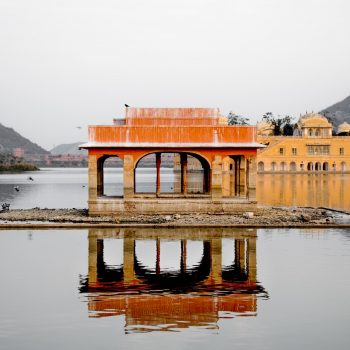

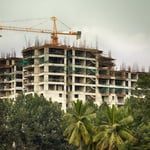
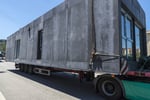
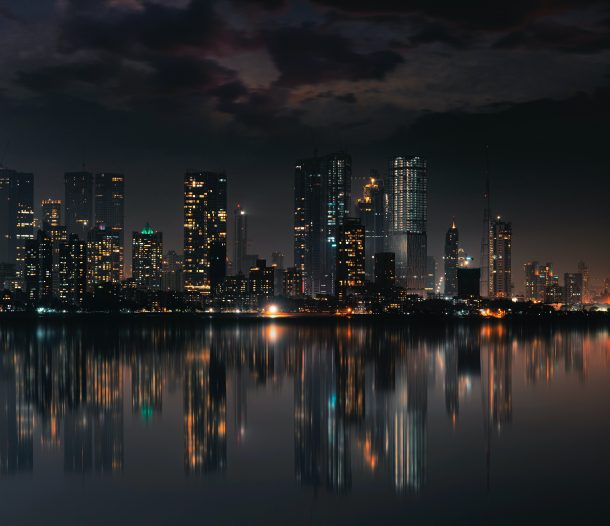
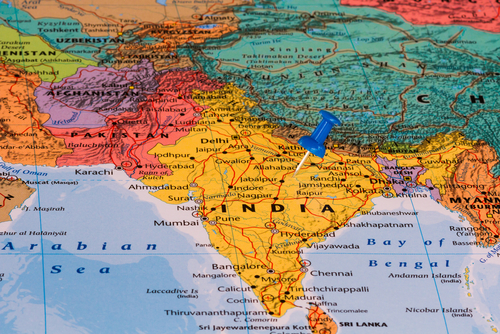

Leave a Reply